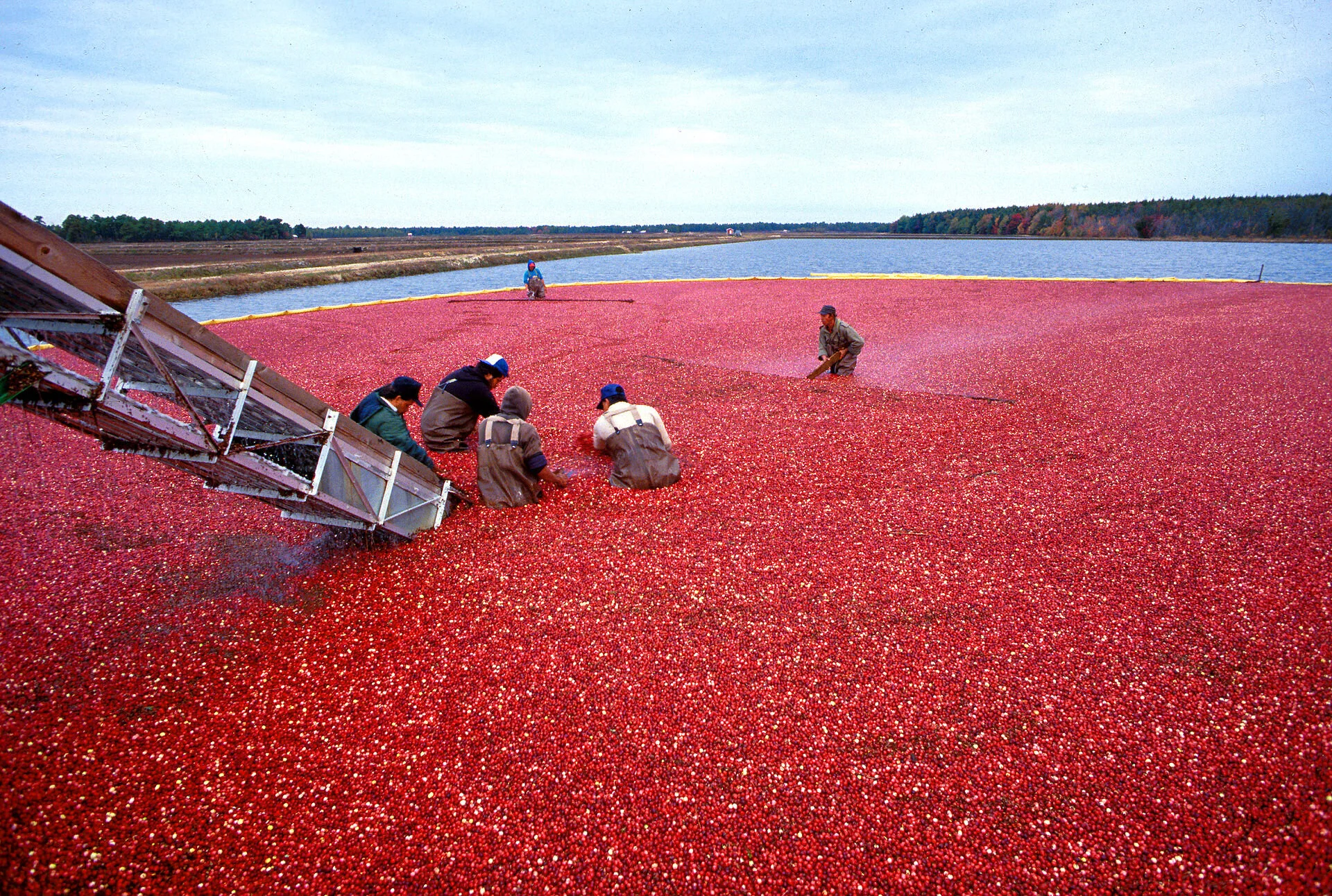— Photo by Keith Weller
From Robert Whitcomb’s “Digital Diary,’’ in GoLocal24.com
With New Englanders looking to expand local agriculture, and make the region a little less dependent on supplies from far away, the cranberry industry long concentrated in Southeastern Massachusetts is a good model of how to operate. (Current food-supply-chain problems caused by the pandemic are a reminder of the perils of over-dependence on far-away agribusinesses.) The Sustainable Agriculture Initiative has recognized the Ocean Spray cooperative, which represents about 65 percent of the Bay State’s growers, as engaged in sustainable farming.
Ocean Spray said:
“SAI validated Ocean Spray’s sustainable agriculture program and on-farm practices at a representative number of its farmer-owners’ farms against the FSA’s [Farm Service Agency] 112 questions, which measure farm sustainability holistically from soil health, to water conservation practices, to health and safety of farm workers and local communities.’’
The co-op is also working with the National Geographic Society to support the expansion of sustainable agriculture around the world. Ocean Spray said it “will support National Geographic fieldwork across the globe to aid in agriculture practices that help preserve the health of the planet. The field work includes projects such as bee-friendly agriculture, automated land-use, insect collection and biodiversity discovery, and global mapping of center pivot {irrigation} agriculture.’’
Hit this link to learn more:










